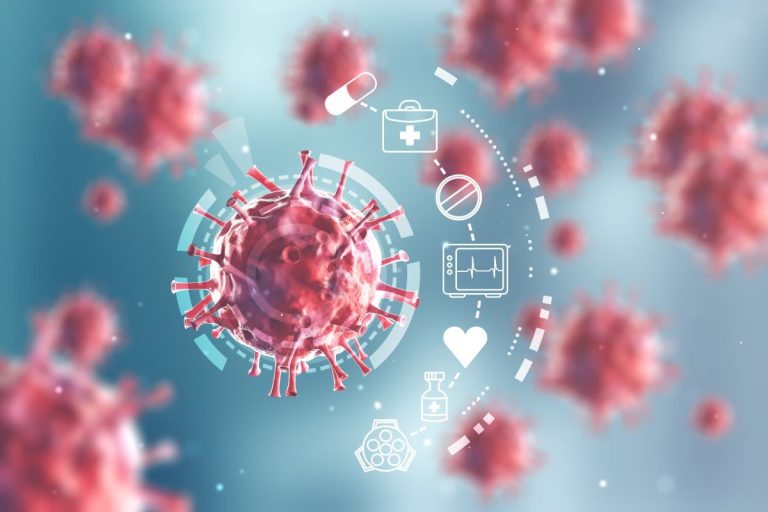“ASU Unveils HLA Inception: Revolutionizing Cancer Medicine”

Muhammad Naeem:
“AI Tool from Arizona State University Revolutionizes Understanding of Immune Response to Cancer Cells”
Arizona State University researchers have developed a groundbreaking AI-based learning tool, named HLA Inception, shedding new light on how individuals’ immune systems react to foreign cells. This innovation swiftly classifies Major Histocompatibility Complex-1 (MHC-1) proteins, providing insights into potential immune recognition of threatening viruses and cancers.
Led by Abhishek Singharoy, assistant professor in ASU’s School of Molecular Sciences, the team asserts that HLA Inception accelerates predictions on patient outcomes, such as survival against specific cancer treatments. Singharoy states, “We can now predict pathological outcomes based on individual molecular details in seconds, a process that previously took days.”
The tool’s ability to decipher MHC-1 protein preferences is pivotal in understanding immune mechanisms and developing advanced cancer vaccines. Despite the challenge of predicting peptide-MHC-I interactions due to the vast diversity of MHC-I molecules, the research team analyzed close to 6,000 MHC-1 complexes, uncovering predictive patterns across diverse human populations.
HLA Inception, powered by AI and machine learning, utilizes surface charges (electrostatic signatures) of proteins to categorize them into 11 distinct types. This categorization aids in predicting whether MHC-1-monitored protein fragments are self or foreign invaders, opening avenues for personalized cancer medicine and transforming patient care.





